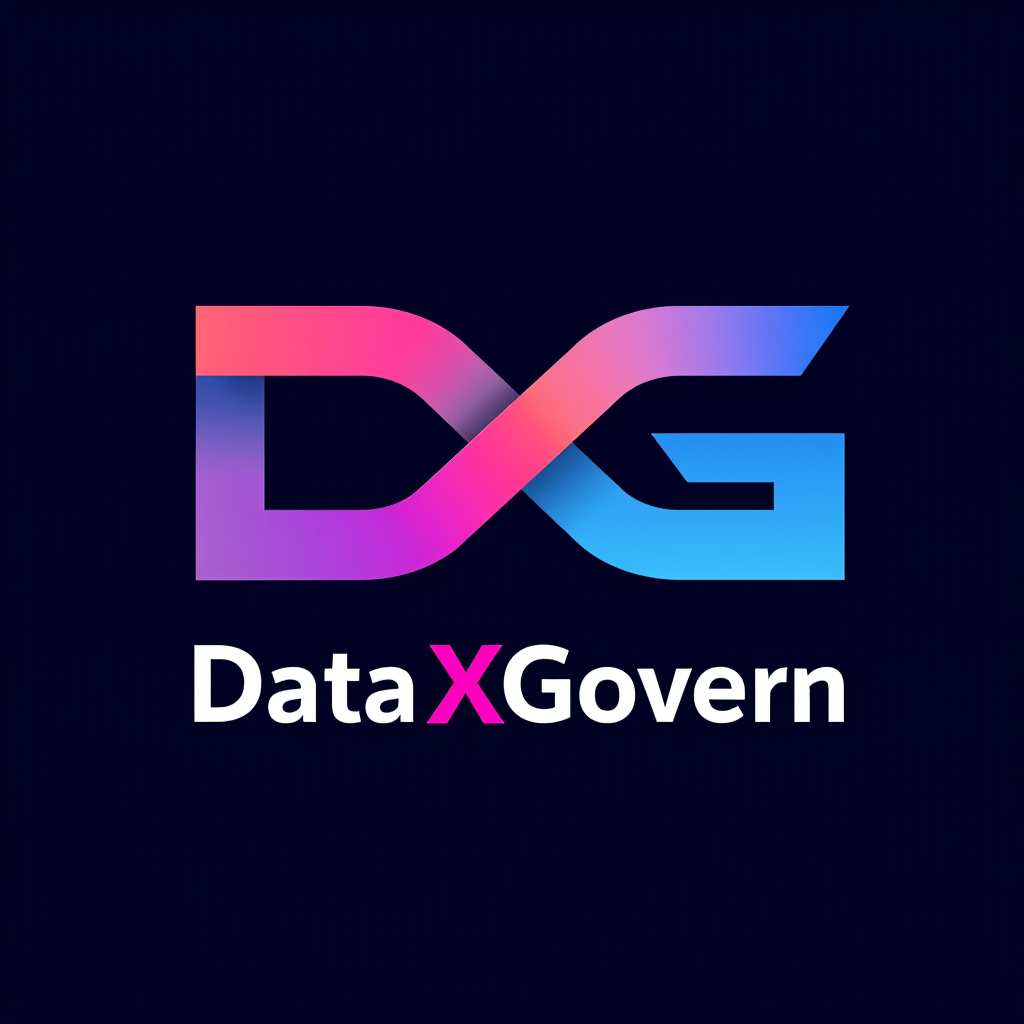Approach to Effective Data Governance with Collibra Data Intelligence Suite
Data is at the core of every modern enterprise. With data volumes growing exponentially and regulations becoming increasingly stringent, the need for robust data governance practices has never been more critical. An effective data governance strategy ensures data quality, compliance, and accessibility, empowering organizations to derive maximum value from their data assets. In this blog, we explore how the Collibra Data Intelligence Suite can be a game-changer in achieving effective data governance.
What is Data Governance?
Data governance is the set of policies, processes, and standards that ensure data is managed effectively across an organization. Its primary goals include:
- Ensuring Data Quality: Maintaining accurate, consistent, and complete data.
- Enhancing Compliance: Adhering to regulatory requirements like GDPR, CCPA, or HIPAA.
- Facilitating Data Access: Providing the right people with the right data at the right time.
- Promoting Accountability: Defining roles and responsibilities for data stewardship.
Effective data governance creates a foundation for trustworthy data, enabling better decision-making and innovation.
Challenges in Data Governance
Organizations often face significant challenges when implementing data governance initiatives:
- Siloed Data: Data scattered across systems and departments makes it hard to manage comprehensively.
- Lack of Visibility: Limited insight into data lineage, ownership, and usage.
- Compliance Risks: Inability to meet regulatory requirements due to inadequate governance frameworks.
- Cultural Resistance: Resistance to change and lack of alignment on governance objectives.
Overcoming these hurdles requires not just the right processes but also powerful tools to support the effort.
Introducing Collibra Data Intelligence Suite
The Collibra Data Intelligence Suite is a leading platform for data governance and management. It offers a comprehensive suite of features to streamline data governance, including:
- Data Catalog: Centralized repository to discover, understand, and trust data.
- Data Lineage: Visualization of data flows to understand dependencies and traceability.
- Data Quality: Tools for profiling and monitoring data quality.
- Policy Management: Frameworks to define, enforce, and monitor governance policies.
Collaboration and Stewardship: Features to assign roles, responsibilities, and workflows for effective governance.
Steps to Effective Data Governance with Collibra
- Define Clear Objectives
- Begin by identifying what you want to achieve with data governance. For example, improved compliance, better data quality, or enhanced decision-making.
- Establish Roles and Responsibilities
- Use Collibra’s collaborative tools to assign roles like Data Owners, Data Stewards, and Data Consumers. Define accountability and ownership for data assets.
- Implement a Data Catalog
- Leverage Collibra’s Data Catalog to create a centralized inventory of data assets. This makes it easier for users to discover and understand data.
- Ensure Data Quality
- Utilize Collibra’s data quality tools to profile, monitor, and improve data quality. Set thresholds and rules to ensure data accuracy and consistency.
- Automate Data Lineage
- Map data flows and dependencies with Collibra’s automated lineage tools. This provides transparency into how data moves through systems and helps identify potential issues.
- Enforce Policies and Standards
- Use Collibra’s policy management capabilities to enforce data governance policies. Ensure adherence to regulations and internal standards.
- Promote Adoption and Training
- Drive user adoption by providing training and emphasizing the value of data governance. Use Collibra’s intuitive interface to reduce the learning curve.
- Monitor and Iterate
- Continuously monitor the effectiveness of your data governance strategy using Collibra’s analytics and reporting features. Adjust policies and processes as needed.
Benefits of Using Collibra for Data Governance
- Enhanced Visibility: Gain a comprehensive view of your data landscape.
- Improved Compliance: Meet regulatory requirements with robust policy enforcement.
- Better Decision-Making: Empower users with high-quality, trustworthy data.
- Increased Efficiency: Streamline governance workflows and reduce manual effort.
Conclusion
Data governance is no longer optional; it is essential for modern organizations. The Collibra Data Intelligence Suite provides a powerful platform to simplify and enhance data governance efforts. By adopting a structured approach and leveraging Collibra’s capabilities, organizations can unlock the full potential of their data, ensuring compliance, quality, and strategic value.
Are you ready to transform your data governance strategy? Explore the Collibra Data Intelligence Suite and take the first step toward data excellence with DataXGovern.

